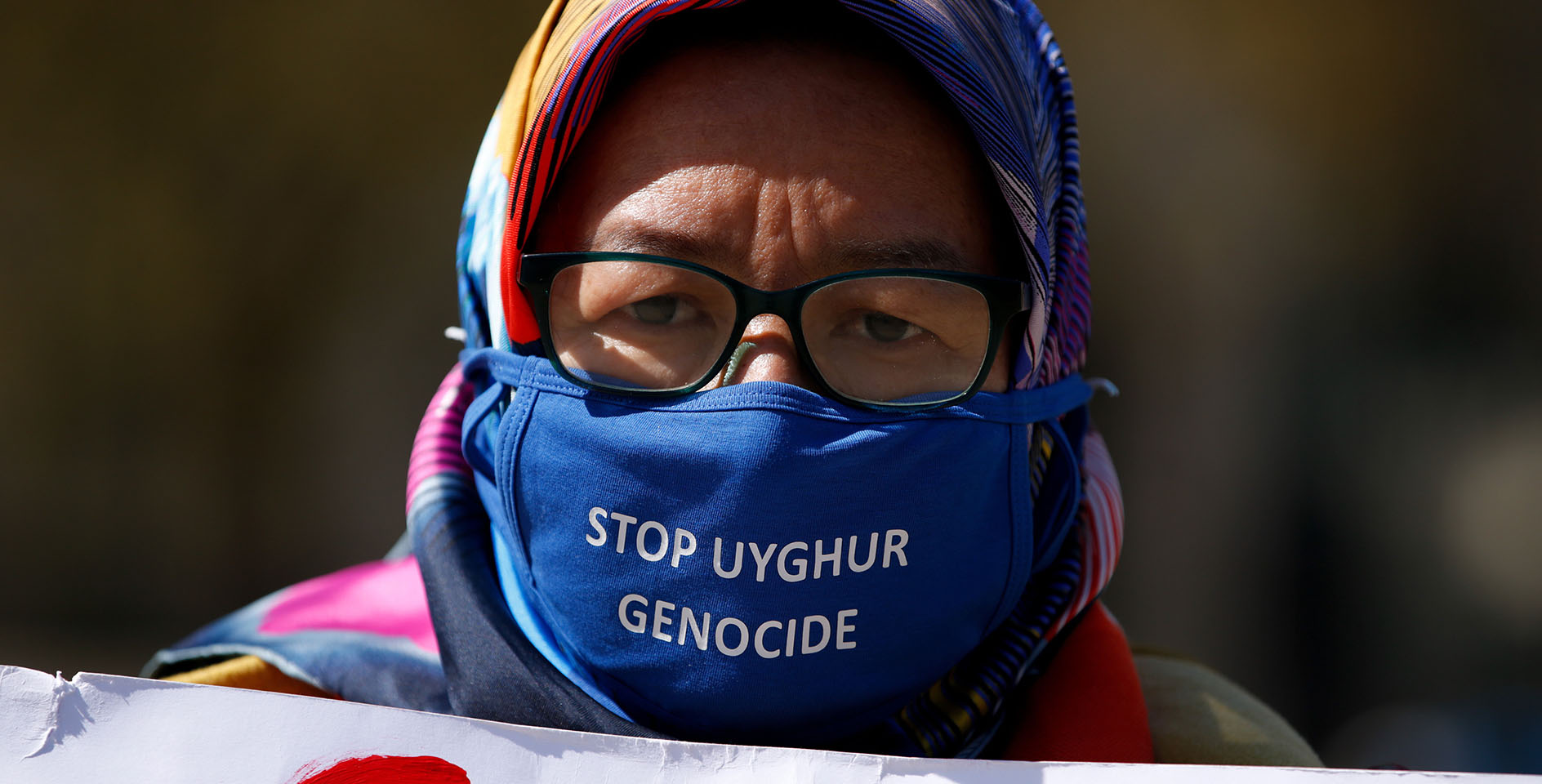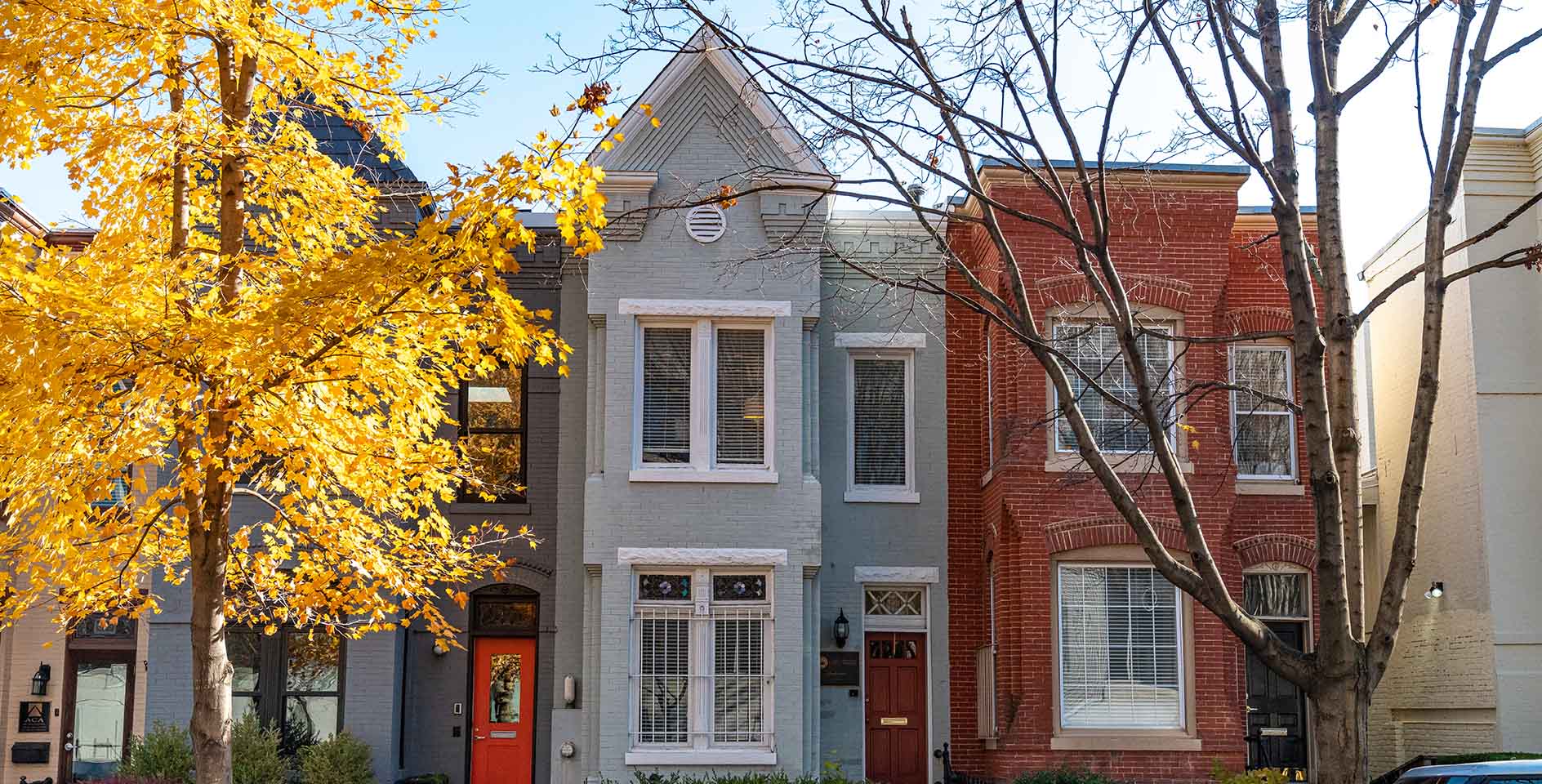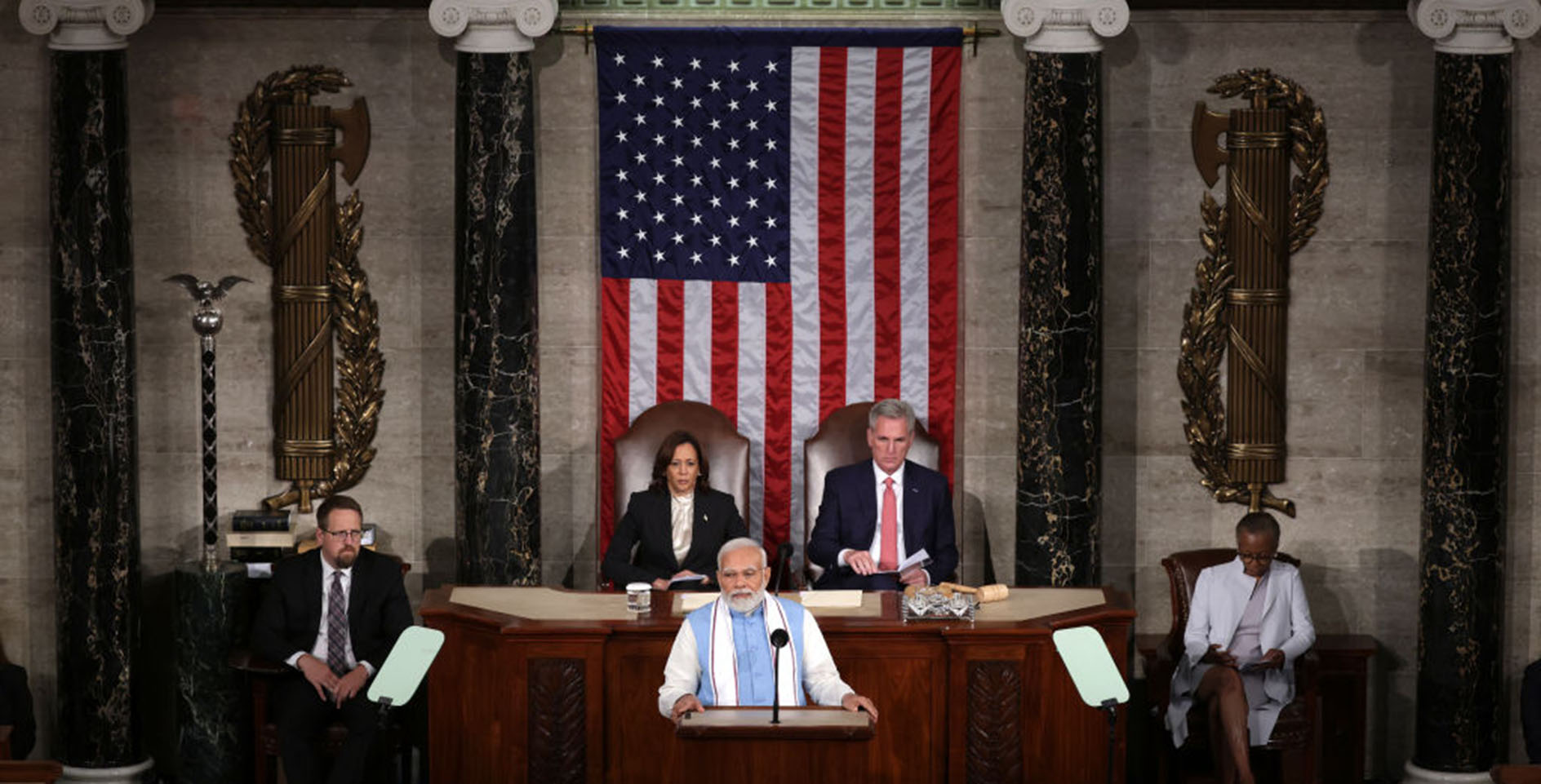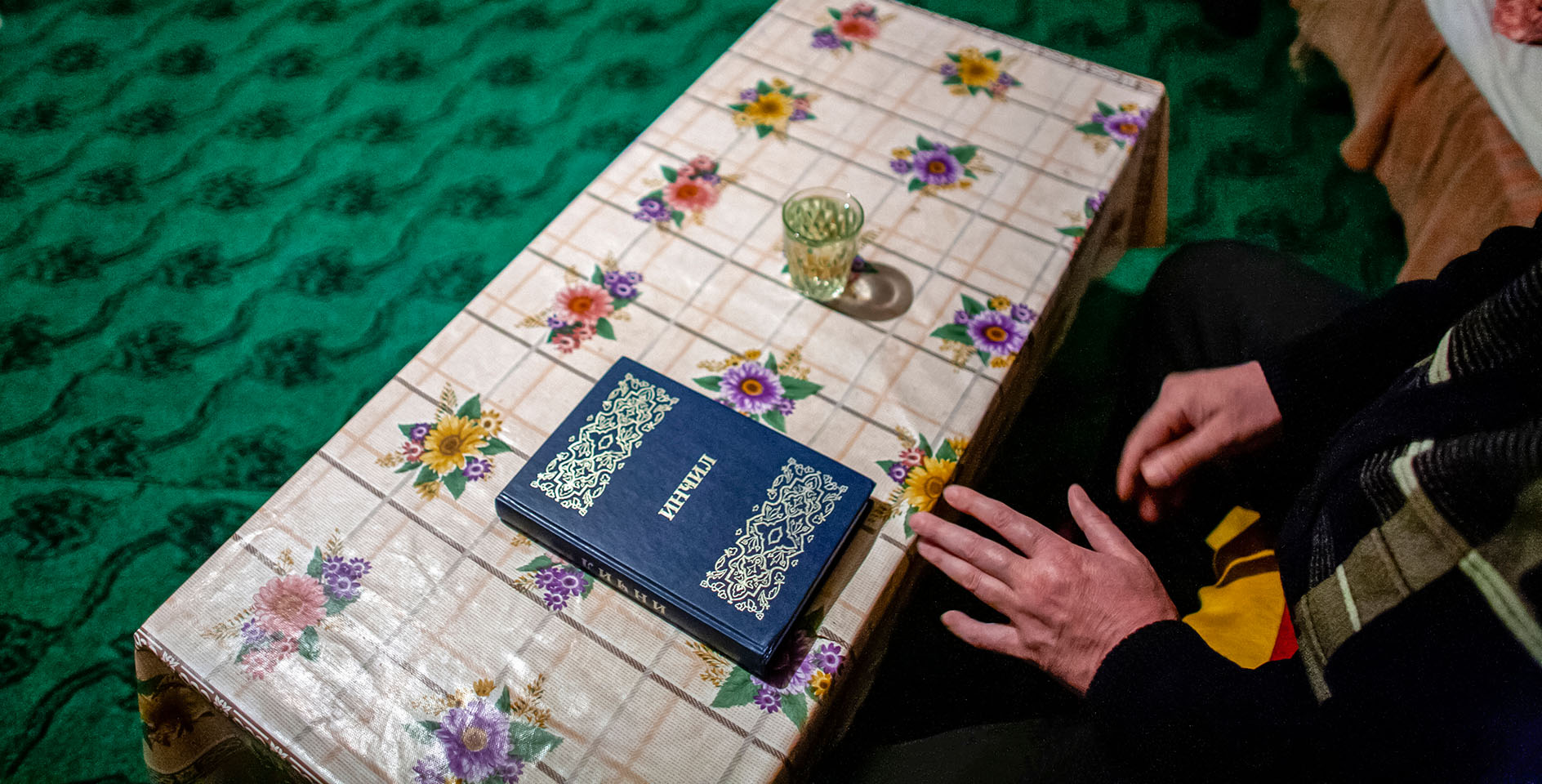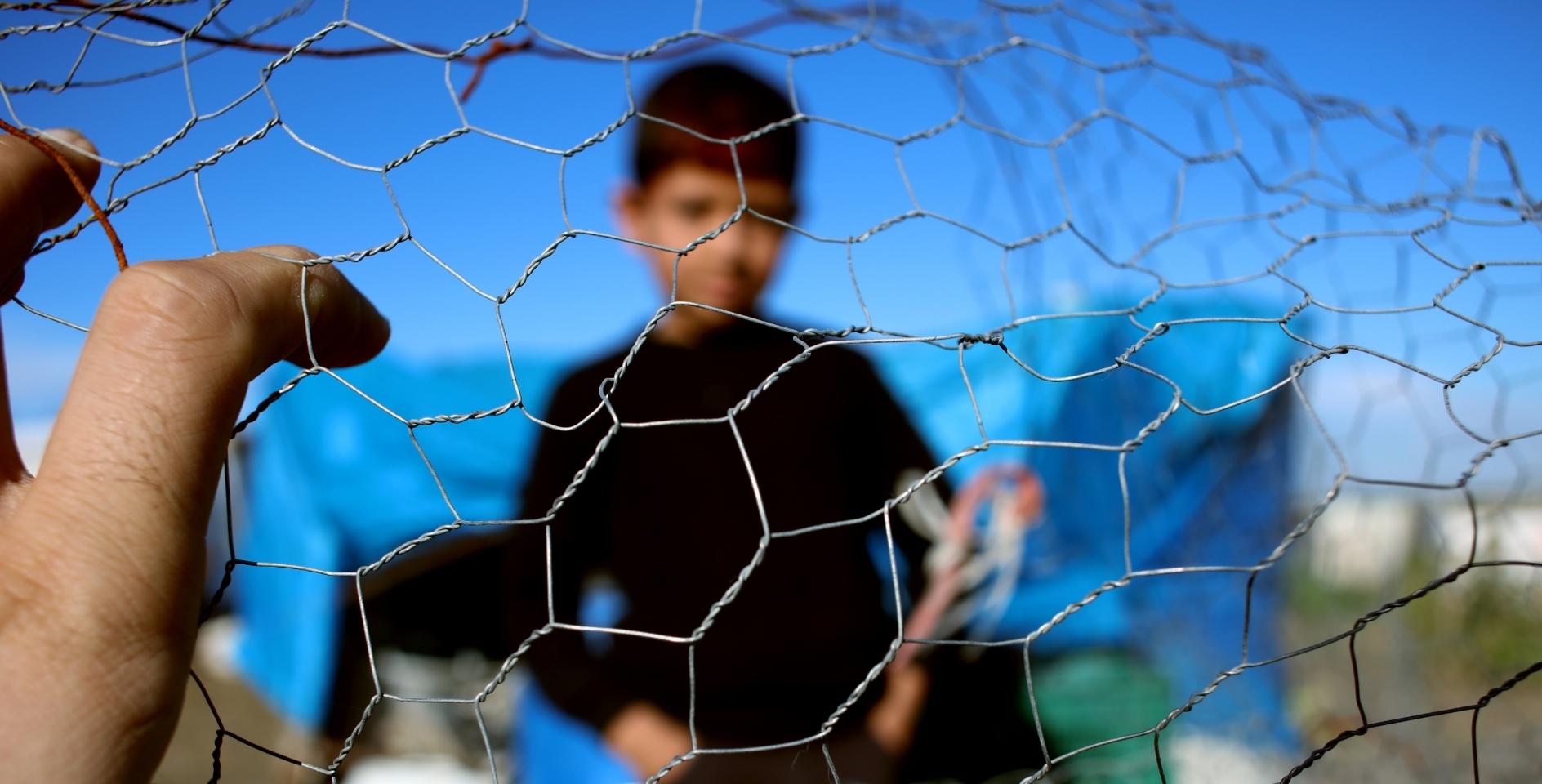On July 15, 2020, Griffin Gulledge, the pastor of Madison Baptist Church in Madison, Georgia, had a tweet go viral. He posted a video on Twitter showing Uyghurs, a minority people group in China, kneeling in rows after being escorted off of trains. All of their heads were shaved. And all of them were headed to forced labor camps. Gulledge then went on to tweet, “China is committing one of the grossest acts of human rights violations in modern history, and we aren’t saying a word because it financially benefits most of the rest of the world.” In addition, he shared reports from various news outlets.
Many of those who follow Gulledge were made aware of this atrocity for the first time, and it has become an advocacy priority for the Southern Baptist Convention, emphasizing the God-given dignity of every individual and the importance of religious liberty. Gulledge answers questions below about his actions on behalf of the Uyghurs and his advice to the local church.
Elizabeth Bristow: You were recently awarded the ERLC’s John Leland Religious Liberty Award for drafting a resolution for the Southern Baptist Convention that advocated on behalf of Uyghur people, a predominantly Muslim and Turkic-speaking ethnic group who are the targets of a genocidal campaign by the Chinese government. What led you to act on behalf of this vulnerable and oppressed people group?
Griffin Gulledge: Ultimately, what led me to act on their behalf is two things: the Word of God and awareness. It’s an old trope that every pastor should preach with the Bible in one hand and the newspaper in the other. Well, perhaps the application goes deeper than just preaching, but also extends to how we live our lives.
I was taught from Scripture that every person is created in the image of God and endowed with a fundamental dignity by their Creator. As I began to read in The New York Times, among other outlets, about the plight of the Uyghurs, it became abundantly clear I could not be silent. When you read about the systematic imprisonment, surveillance, reeducation, family separation, rape, organ and hair harvesting, and various other abuses of this people by the Chinese government, you cannot remain silent. I could not remain silent. So I decided to use whatever platform or voice I had to speak and tell others as I had been told.
EB: The resolution you drafted, “Resolution 8: On The Uyghur Genocide,”was resoundingly adopted by the messengers at the 2021 Southern Baptist Convention annual meeting in Nashville, Tennessee. Why is this significant, and what implications does it have for the future of the SBC?
GG: It’s significant for several reasons. First, it’s significant because it makes the SBC the first major denomination, or in our case convention of churches, to speak up on behalf of Uyghurs and call this genocide.
Second, it reminds our people that we have an obligation to speak up in the face of abuse and oppression. The Uyghurs are not the only people group facing such horrors, but if we can see it clearly with them, perhaps we can see it clearly in our own midst.
Third, it gives us a track record for speaking up on genocide. This is not the first time, and will not be the last, the SBC has spoken up on issues of human dignity. Moral credibility and a consistent public witness requires us to speak up, and here we have. We have a clear precedent to not be silent in the face of grave injustice.
A final implication is this: Southern Baptists are unified around the things that matter most. Our mission. Our gospel. Our Bible. Loving our neighbors. Some people came to Nashville to fight one another, and ended up locking arms and fighting for those far more in need of our effort, energy, and prayers. I hope we will be marked by this in days ahead.
EB: Your resolution made the Southern Baptist Convention the first denomination to condemn the CCP for the genocide of the Uyghur people. Why is this significant?
GG: It’s never a bad thing to be the first to do what is right. Moral action should never be dependent on a finger to the wind or the ‘mood of the room’. More than that, what we have done as the largest denomination by speaking up first is create what I call a permission structure. Now we have created a pathway for others to join us, others to speak up, others to engage. The IMB and Send Relief can target this people group with love and care. Other parachurch agencies can justify allocating money and resources to them because Southern Baptists Care. And on and on that goes. I hope we are the first domino.
EB: You mentioned in a Baptist Press interview that you didn’t do anything special to gain this religious liberty award, but did what any Baptist can do. When it comes to issues of global persecution and human rights crises like what we’re witnessing in China, what can people in the local church do to make a difference?
GG: When I say I didn’t do anything special, I don’t mean that what I have done or said is unimportant. What I mean is that speaking up loudly in the face of moral atrocities should be standard for Southern Baptists. I hope this resolution is a starting line for our advocacy, not a finish line.
Call your senators and representatives. Call for preferred refugee status for Uyghurs. It takes no time at all. Commend them when they do it, no matter if you voted for them or not.
Speak up. Be a voice for awareness. Read about their plight. Share it online and with your friends and loved ones. Caring consistently well set us apart from the slacktivism of “one post on twitter, then back to my real cares” that marks our day and age.
Pray for Uyghurs. Pray for their salvation, and pray for their protection.
Finally, do your homework. Are there Uyghurs near you? Are there refugees you can help? Can you collect goods? Can you volunteer? I heard of churches in California doing ministry to Uyghurs just the other day. We can help, but we can’t do it with our head in the stand. Speak up. Look up. Stand up. Mobilize for the good of your neighbor and the spread of the gospel.
EB: Why should Christians care about religious liberty and global religious persecution? Is it wrong to care that Muslims be protected?
GG: Religious freedom is the open door for global evangelization. If you want the gospel to advance, you cannot support silencing other religions via tyranny. Their freedom to practice their religion gives us the freedom to persuade them that Christ is better in every way: more worthy of their love and affection, devotion and worship. We don’t influence by the sword, but through the sword of the Spirit: the Word of God. Religious freedom is a necessity to engage in that kind of ministry.
EB: How would you encourage a pastor to help stir up the hearts of his flock to care for the vulnerable?
GG: Preach Christ. You were far off. You were lost. You were weak. Ezekiel 16:6 says, “And when I passed by you and saw you wallowing in your blood, I said to you in your blood, ‘Live!’ I said to you in your blood, ‘Live!’”
That’s us. That’s all of us, spiritually. And it is some of us, physically. When we understand and believe the gospel, indifference to suffering is driven out. Preach Christ, show how he loves the needy, and call people to respond.
EB: How can Christians learn more about these issues, and how can we pray?
GG: There are countless great resources online from the ERLC, the national media, and more. Uyghur news is available if you will only seek it. There is a huge amount of publicly available information. It starts with you. Seek it out. Read for yourself.
Pray for Uyghurs who are Christians — that as they suffer, they will have a powerful witness among Uyghurs who are lost. Pray for God to protect the Uyghurs and end their suffering. Pray for Uyghur children whose lives are being torn apart. Pray for Communist China to lose its power over them. Pray for God to convert the tormenters. Pray for Uyghurs to know Christ and pray for missionaries who take the gospel to them. Above all, don’t just pray once. Pray, pray, and pray again for the Uyghurs.



